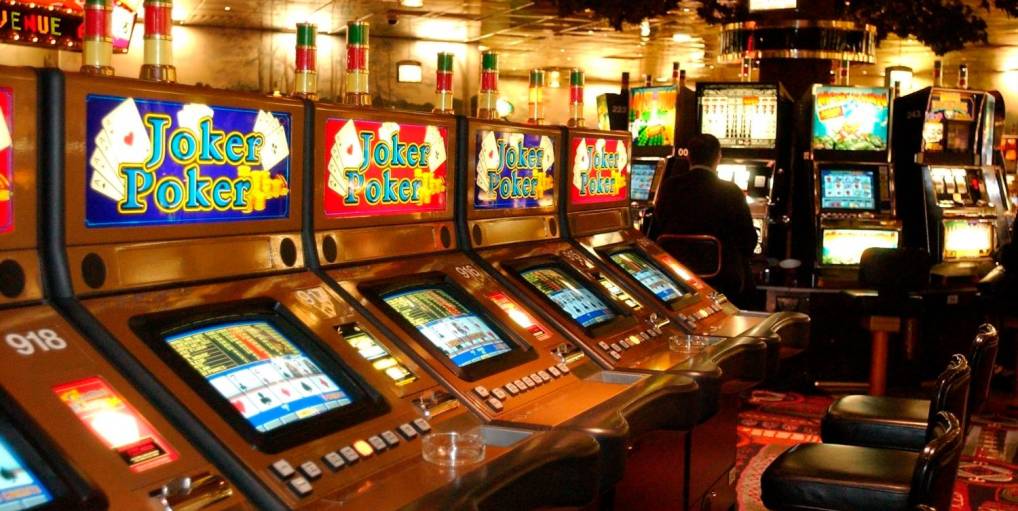
Casino gaming has long been a subject of interest and debate, attracting millions of players globally. With a blend of chance, skill, and the excitement of uncertainty, casino games offer an exhilarating escape from everyday life. However, as entertainment becomes ever more available, it invites a more thorough examination of the morality surrounding these games.
At the heart of the discussion lies the issue of whether casinos promote safe gambling or take advantage of at-risk individuals. The appeal of potential winnings versus the truth of losses can create a challenging situation, and understanding this balance is essential for both players and operators. As we delve into the morals of casino gaming, we will explore the duties of casinos, the impact on society, and the steps that can be taken to foster a healthier gaming environment.
The Impact of Casino Gaming on Society
Casino gaming has a considerable influence on society, affecting not only the financial landscape but also social behaviors and local frameworks. The funds generated from casinos can lead to employment opportunities and boost local economies, as they provide numerous employment opportunities in different sectors including hospitality, leisure activities, and shopping. However, while the economic advantages can be significant, communities often grapple with the potential negative impacts that arise from higher gambling activity.
Additionally, the presence of casinos can lead to an increase in gambling addiction, presenting serious challenges for players and families. The thrill of casino games can quickly transform into a habitual habit, affecting personal relationships and leading to financial instability. Many individuals may struggle with the loss of control over their gambling behaviors, resulting in a need for community support services and help to address this growing issue. The social cost of gambling addiction can ripple through families and neighborhoods, creating an urgent need for sensible gambling approaches.
In addition to the economic and social consequences, casino gaming often reflects cultural attitudes towards risk and leisure. It can encourage a sense of excitement and leisure, attracting visitors and boosting tourism. However, this allure may also conceal the broader implications of gambling as a form of entertainment, provoking ethical questions about its promotion and availability. As communities weigh the benefits and drawbacks of casino gaming, the need for sensible approaches and oversight becomes increasingly critical in ensuring that the beneficial elements are enhanced while minimizing the potential harms.
Ethical Concerns in Betting Practices
The ethics of casino gaming often center around the risk for dependency and its effects on people and families. Betting can lead to serious monetary distress, impacting not only the betters but also their families. As individuals become caught in the appeal of winning, many lose sight of their financial limits, which can result in devastating outcomes such as insolvency. Thể Thao New88 This raises moral questions about the responsibility of casinos in promoting responsible gaming practices and offering support for those who may be struggling with betting addiction.
Another major concern is the promotion of gambling to vulnerable groups. Gambling establishments often target low-income individuals or communities with the offer of quick gains, which can continue cycles of financial struggle and despair. In this context, the morality of marketing strategies used by casinos come under scrutiny, as they may take advantage of the need of people seeking an escape from economic troubles. This exploitation raises ethical questions about the honesty of the gambling industry and its responsibility to protect its most at-risk customers.
Additionally, the impact of gambling operations on society as a whole cannot be overlooked. While some argue that casinos create jobs and stimulate local economies, others point to the community costs associated with dysfunctional gambling, increased criminal rates, and a burden on public services. Balancing economic benefits with the risk for community issues presents a complex moral dilemma for policymakers and casino operators alike. The challenge lies in finding a ethical approach that takes into account the well-being of people and communities while still permitting for the pleasure of casino gaming.
Regulatory Framework and Obligations
The regulatory structure related to gaming operations is developed to ensure justice, trustworthiness, and gambler safety. Different government bodies and gaming commissions establish and implement regulations that dictate how gaming games operate, the guidelines for activity creation, and the protocols for managing prizes. These regulations vary by jurisdiction but usually involve permit requirements for operators and stringent measures to prevent cheating and fraud.
In addition to oversight bodies, casino establishments bear considerable duty in maintaining principled standards within their facilities. They must enforce responsible gaming practices that support player security and education, including presenting self-exclusion options and sharing information about the dangers connected to betting. Casinos are also accountable for instructing staff to identify signs of problem gaming and be aware of the proper measures to assist patrons in distress.
Moreover, openness in casino operations is vital for earning and keeping public faith. Gaming establishments should offer clear details about the odds of games, advertising deals, and any associated dangers. By creating an environment of integrity and responsibility, gambling establishments can help mitigate the possible negative impact of gambling while enhancing the complete betting experience for all gamblers. Nhà Cái NEW88
